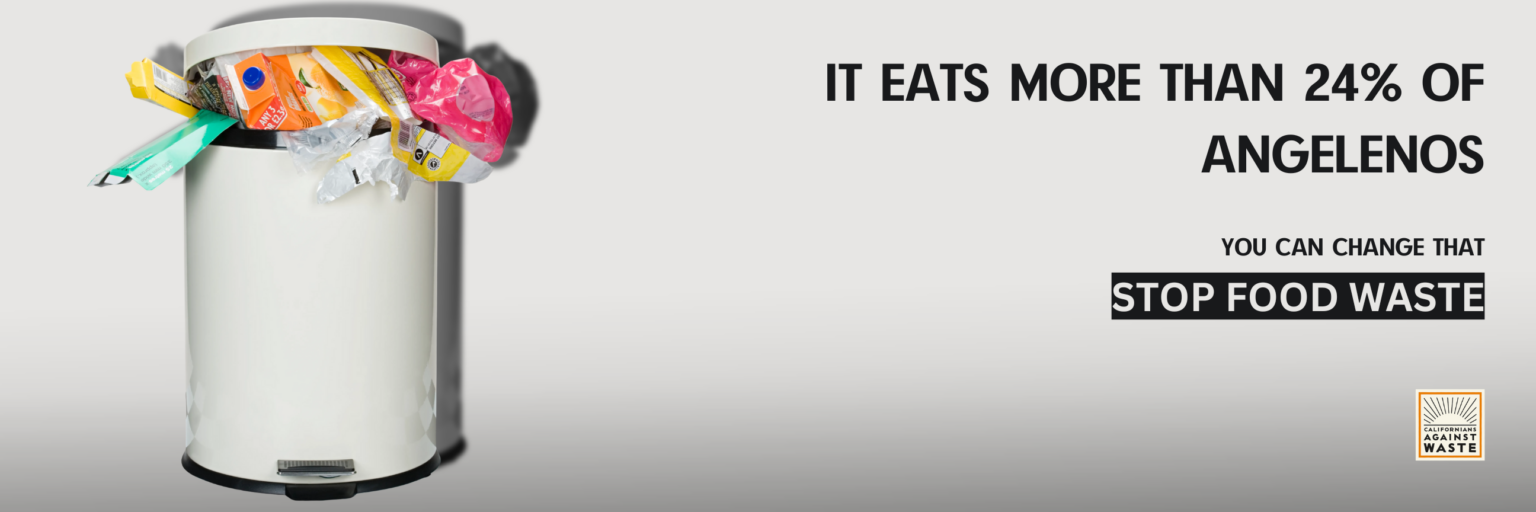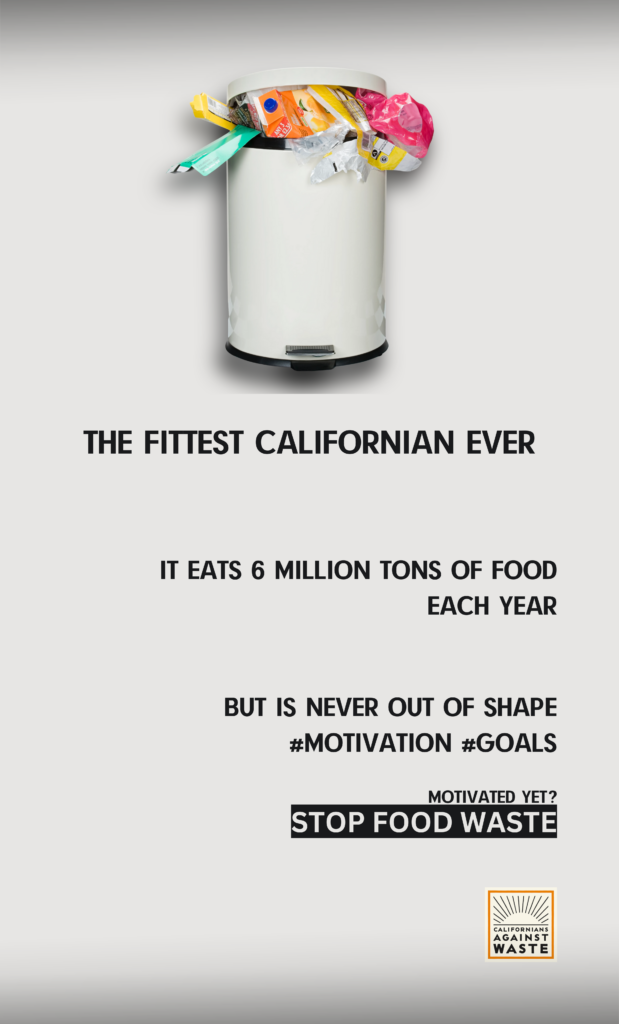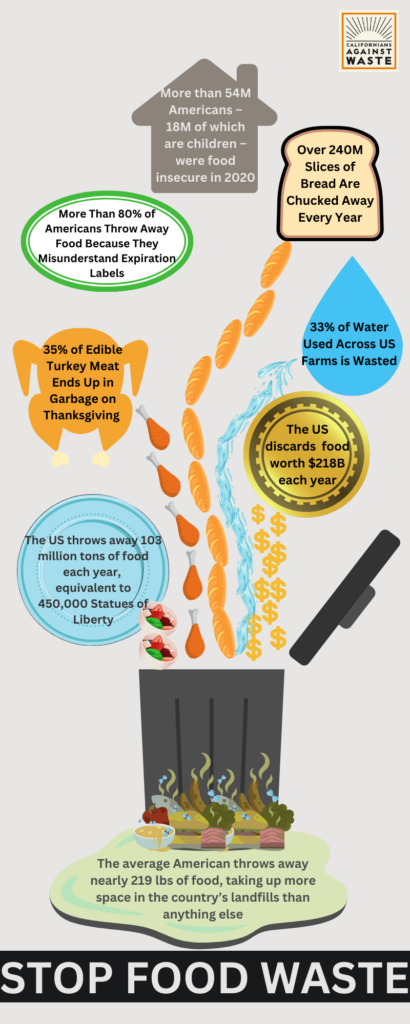PR524 - Midterm - Californians Against Waste
About
Californians Against Waste
Founded in 1977, Californians Against Waste is a non-profit environmental research and advocacy organization that identifies, develops, promotes, and monitors policy solutions to pollution and conservation problems that threaten public health and the environment. It is the nation’s oldest, largest, and most influential non-profit environmental organization advocating waste reduction and recycling.
Key Message for this initiative
Stop Food Waste
Target Audience
California Against Waste’s target audience primarily includes policymakers, government officials, lawmakers, businesses, and the general public in California.
The organization promotes environmental protection and waste reduction policies and practices in California, and its target audience is anyone who can influence or make decisions related to these issues.
Specifically, California Against Waste’s target audience includes:
- Lawmakers and government officials
- Businesses
- Individuals and households
- Environmental organizations
Billboard

Billboard - Bus Shelter

Infographic

Reducing Food Waste: The Power of Partnership and Policy
California is in the grip of a flood – a flood of wasted food.
Californians throw away billions of pounds of food every year, creating waste and contributing to greenhouse gas emissions. There are steps we can all take to reduce our food waste, but we believe in one more than most – the power of policy.
The path from policy to practice is long but rewarding. In 2016, California passed AB 1826, which requires businesses that generate a certain amount of organic waste to recycle that waste instead of sending it to a landfill. This law has been instrumental in reducing food waste from businesses, but we can do more.
Here’s how you can partner with us in your capacity:
- Plan your meals: Planning meals and making a shopping list can help avoid buying too much food and reduce waste.
- Store food properly: Proper storage using a refrigerator or freezer can keep food fresh for longer, reducing the likelihood that it will go to waste.
- Use leftovers: Don’t let food go to waste! Use them for snacks, or freeze them for later.
- Compost: Composting food waste reduces greenhouse gas emissions and creates nutrient-rich soil for your garden.
- Donate excess food: If you have extra food that you won’t be able to use, consider donating it to a food bank or charity.
These simple steps can help us stitch together a sustainable food system. But we can also advocate for additional policies to make a more significant impact. For instance, California could consider implementing a statewide program to reduce food waste and increase food recovery, similar to the programs in Vermont and Massachusetts.
Reducing food waste is a complex problem that demands buy-in at all levels, from individuals to businesses to the government. But by working together, we can grab the bull by the horns and create a more sustainable and equitable food system for all Californians.
